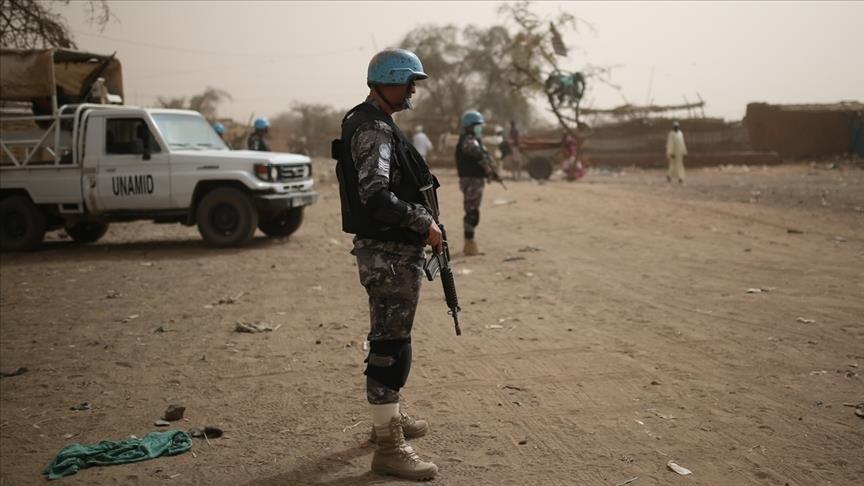Bloody day in Sudan as regional leaders attempt to end violence and conflict
Despite a 24-hour ceasefire declared on Tuesday, the sounds of gunfire and explosions continue to be heard in Khartoum, the capital. Regional leaders say they are heading to Sudan to try to end the days-long conflict between the military and paramilitary forces, which has resulted in the deaths of at least 200 civilians.
The African Union hopes that leaders from Djibouti, Kenya, and South Sudan will be able to travel to Sudan. So far, international mediation efforts have failed, and the risk of a civil war has significantly increased.
The conflicts in Sudan began after a plan to transfer power from the interim military government to a civilian government was proposed, leading to a power struggle within the country’s military leadership and resulting in clashes between rival groups.
Two senior Sudanese military officials are at the center of the power struggle in Sudan: General Abdel Fattah al-Burhan, who is the head of the armed forces and effectively the country’s president, and his deputy, General Mohamed Hamdan Dagalo, known as Hemedti, who commands the Rapid Support Forces (RSF) paramilitary group.
English
View this article in English

